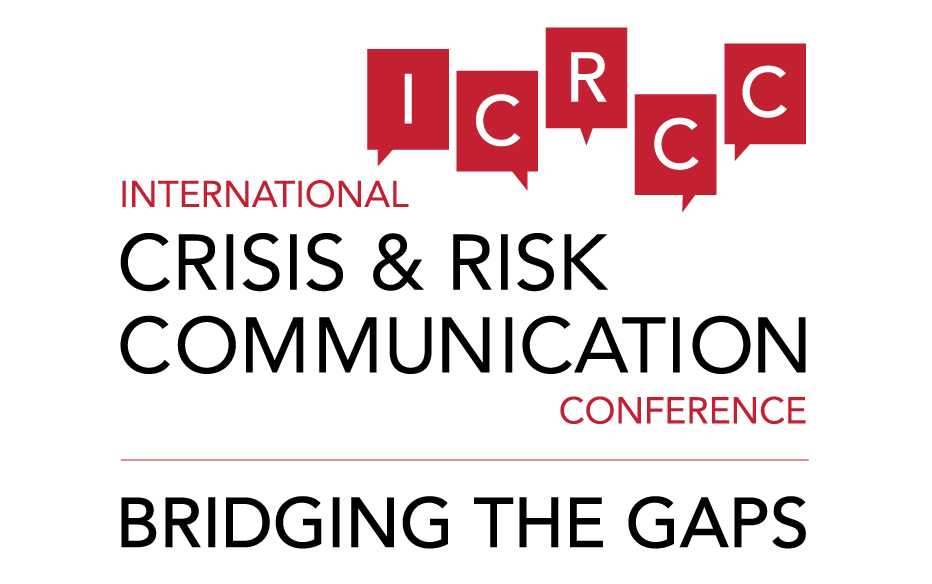
Founder
Good of All
United States
Matthew Daniels, J.D., Ph.D. was raised in poverty by a single mother in New York’s Spanish Harlem. His neighborhood had the highest rate of violent crime in the Borough of Manhattan. His family was forced onto welfare when his mother was assaulted by four men on the way home from work leaving her permanently disabled. Dr. Daniels attended inner-city public schools in NYC until receiving a full scholarship to Dartmouth College. He went on to receive a Public Interest Scholarship to the University of Pennsylvania Law School and a fellowship to do his doctorate in American politics at Brandeis.
Dr. Daniels launched the online video portal Great Americans (www.greatamericans.com) in partnership with venture capital specialist Sequoia Capital, the lead backer of YouTube and Google. In contrast to the shallow or negative role models that are often given celebrity status in the mass media, Great Americans uses Internet video and social media to tell the dramatic and inspiring stories of Americans whose lives offer positive examples for others. Since launching, Great Americans has entered into a partnership with the Congressional Medal of Honor Foundation and become the exclusive digital distribution portal for profiles of Medal of Honor recipients. Great Americans was also invited to launch a branded video channel on Hulu (http://www.hulu.com/great-americans), the premiere destination for professionally produced video content online.
Most recently, Dr. Daniels founded Good of All (www.goodofall.org). Good of All is an international public education movement dedicated to promoting universal human rights in the Digital Age. Good of All has launched 5 academic centers in three countries (US, UK and Republic of Korea) and reached over 16 million people online. The idea virus at the core of the Good of All vision is to utilize the potential of the internet as the most powerful communications and social networking tool of our time – in combination with the UDHR as the most universal expression of human rights in history — to promote freedom and fundamental human rights internationally. Good of All has been publicly endorsed by the Attorney General of UK & Wales, the former Lord Chancellor of the UK, the Chief Crown Prosecutor of the UK, the Martin Luther King Advisory Council, former members of the Constitutional Court of the Republic of Korea, South Korean human rights officials, the Chairman of the Homeland Security Advisory Council, a former Chairman of the Joint Chiefs of Staff, the former Director of the FBI, two former Directors of Central Intelligence and dozens of legal and academic experts around the world.
Dr. Daniels has developed the King Rights Initiative, a partnership with the Georgia Department of Education and Public Broadcasting to produce a documentary series on the deep and integral connection between faith and civil rights. The pilot episode for this series focuses on the origins of the American civil rights movement in the African-American church. This first episode features an exclusive interview with Andrew Young and other civil rights leaders on the role of faith in the life and work of Dr. Martin Luther King, Jr. The pilot episode has also received the unanimous endorsement of the Martin Luther King Jr. Advisory Board and the State Superintendent of Georgia Public Schools. The first episode will be shown to every Georgia public high school student in the State of Georgia and aired on PBS nationally in 2015.
Dr. Daniels teaches law and international relations on three continents. He serves as an Adjunct Professor and Founder of the Center for Human Rights and International Security at the Institute of World Politics (www.iwp.edu) in Washington, DC. He is also the Founder of the Center for Law and Digital Culture at Brunel Law School in London, England (http://www.brunel.ac.uk/law), and an Adjunct Professor of Law at Handong International Law School in Pohang, South Korea.
Privacy Rights in Digital Communication:
The Crisis Threatening Fundamental Human Rights
Privacy of digital communication, particularly in an online/data breach/hacking/information-reselling world is a “right” precariously suspended by thin restraint hanging on a technological thread. This presentation addresses the communication campaign being mounted to recognize that digital communication privacy rights are universal rights, grounded in fundamental human rights essential for democracy to flourish. In both the public and private spheres, the erosion of privacy protections also erodes rights of free speech, free association and conscience. Governments, businesses and the general public are each affected (and can, in turn, effect) the questions of communication and information privacy. Those that make the efforts to do so will change the communication practices, reputation and brand image, perceptions of trustworthiness and communication during contingency situations, including examples of “data breaches,” hacking, information theft and/or misuse. In this session, privacy as a human rights issue in the digital communication setting will be considered in both ethical and practical frames.


